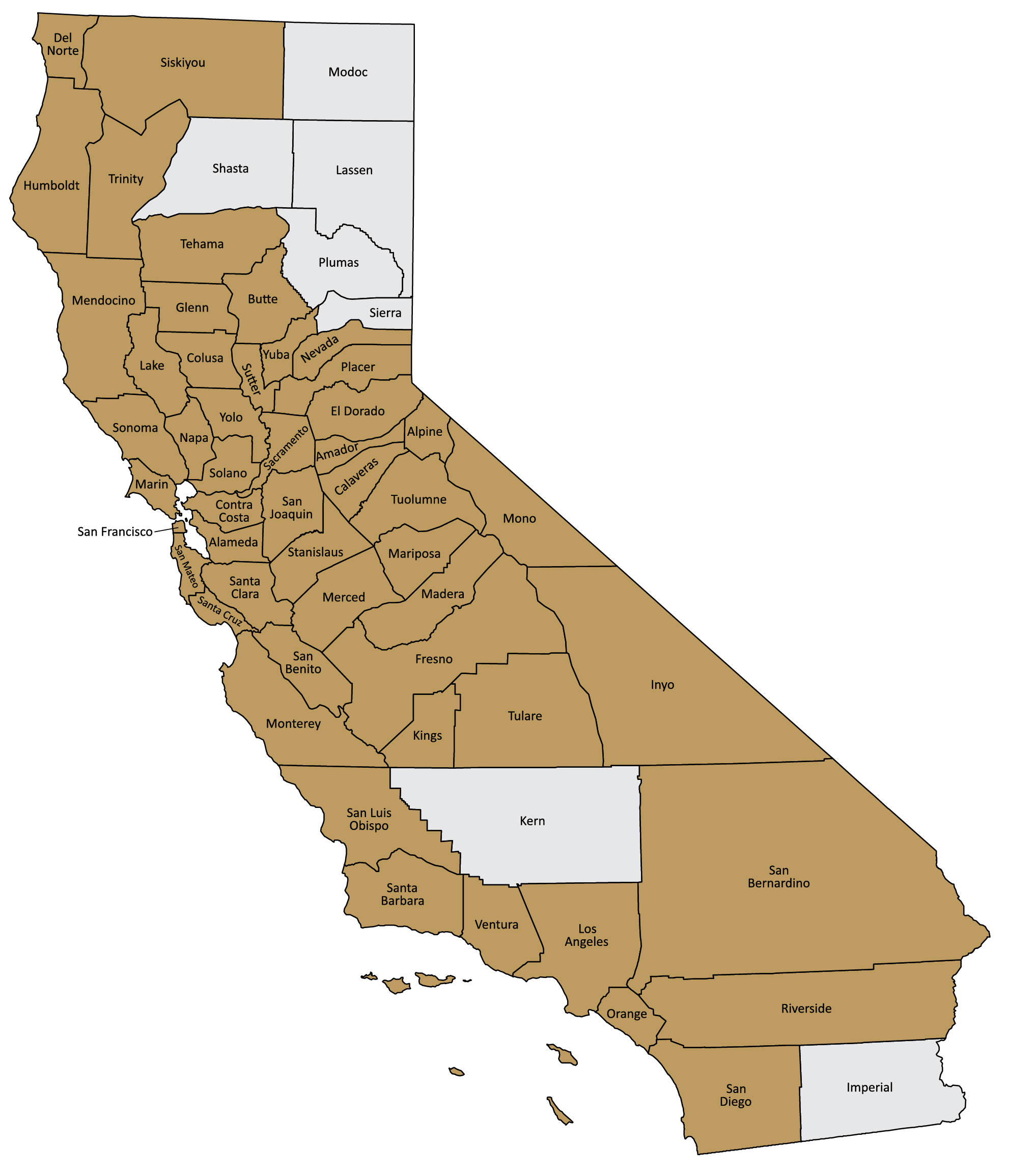
IRS, California Extend Tax Deadlines Due to Storms
- Published
- Jan 18, 2023
- Topics
- Share
This article was further updated on March 2, 2023 to reflect further extensions from the IRS and State of California.
Updated 2/9/23: Bold font indicates changes since original published date.
The IRS has announced that the postponement of various tax deadlines due to the disaster declaration in some areas of California has been further extended – all filings and payments originally due between December 27, 2022 and October 16, 2023 are now due on October 16, 2023. Additional counties have also been added to the list of affected areas. The Governor’s office has announced that California will conform with the postponed deadlines.
Some deadlines that impact taxpayers within these dates include:
- Payment of 2022 4th quarter estimated taxes due January 17, 2023, and the payment of 2023 1st, 2nd, and 3rd quarter estimated taxes;
- Filing individual and business income tax returns normally due in March and April;
- Payment of income taxes normally due in March and April;
- Filing individual and business income tax return extensions;
- Payment of income tax with extensions;
- IRA and health savings account contributions; and
- Other deadlines listed in Rev. Proc. 2018-58.
Payment and reporting of quarterly payroll and excise taxes can also be deferred to various dates, depending on additional circumstances.

The impacted areas designated at this time are Alameda, Alpine, Butte, Calaveras, Colusa, Contra Costa, Del Norte, El Dorado, Fresno, Glenn, Humboldt, Imperial, Inyo, Kern, Kings, Lake, Lassen, Los Angeles, Madera, Marin, Mariposa, Mendocino, Merced, Modoc, Mono, Monterey, Napa, Nevada, Orange, Placer, Plumas, Riverside, Sacramento, San Benito, San Bernardino, San Diego, San Francisco, San Joaquin, San Luis Obispo, San Mateo, Santa Barbara, Santa Clara, Santa Cruz, Shasta, Sierra, Siskiyou, Solano, Sonoma, Stanislaus, Sutter, Tehama, Trinity, Tulare, Tuolumne, Ventura, Yolo and Yuba counties.
This relief is also extended to taxpayers who do not live or work within a designated area but whose records are located in the affected area. Taxpayers impacted in this way should contact their advisors for further guidance.
This relief is expected to be automatic; however, taxpayers may receive notices assessing penalties for postponing. These penalties can be abated by contacting the IRS.
Taxpayers within the disaster areas also have the ability to claim disaster-related casualty losses on their 2023 or 2022 federal income tax returns. This provides taxpayers with the opportunity to receive the tax benefit more quickly. This applies to uninsured or unreimbursed disaster losses.
IRS announcements can be found here:
CA announcements of conformity can be found here:
https://www.ftb.ca.gov/file/when-to-file/Emergency-tax-relief.html
Consult with your advisor if you have any questions.
What's on Your Mind?
Start a conversation with Cyndi
Receive the latest business insights, analysis, and perspectives from EisnerAmper professionals.











